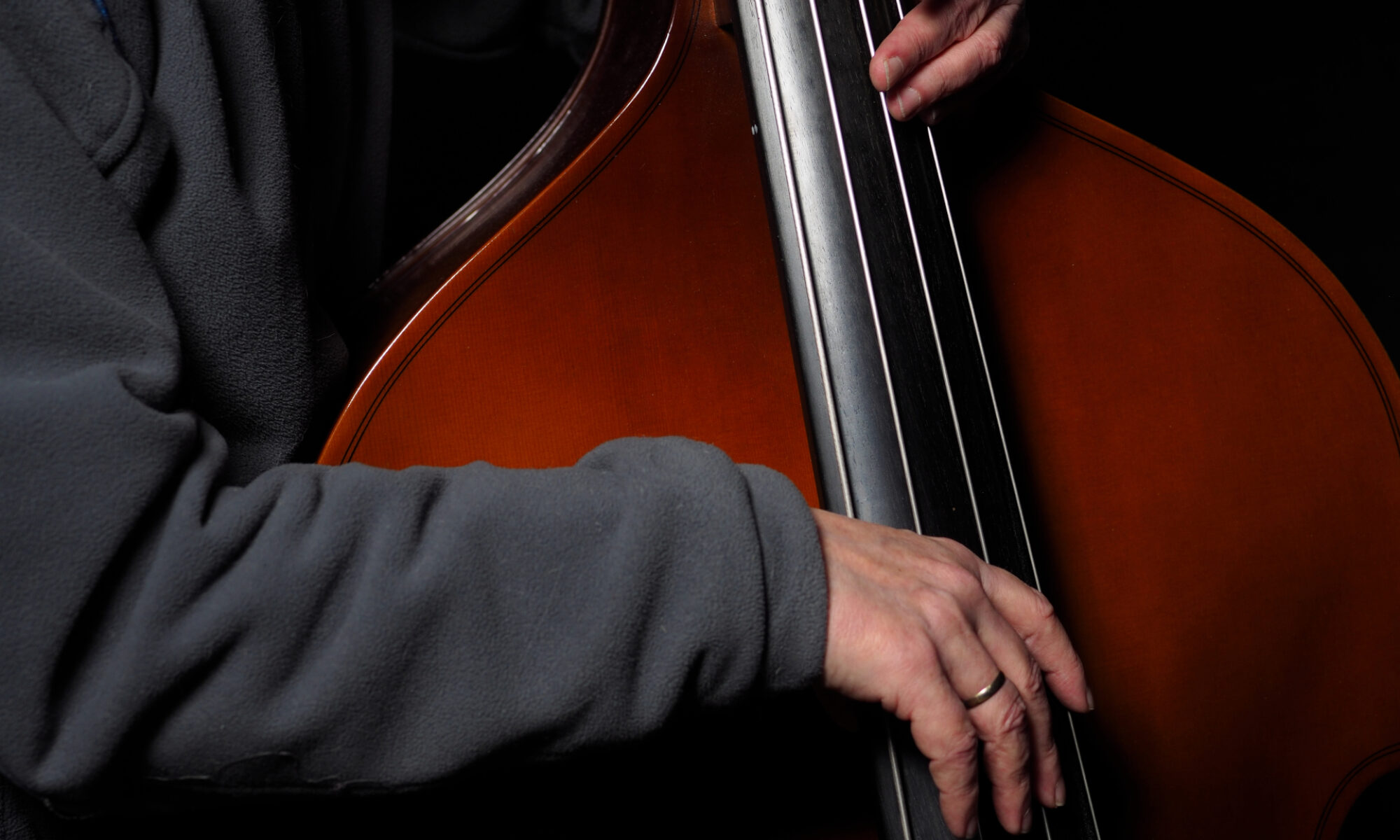Almost a year ago, I reported about the keynote speech of the Linux Audio Conference 2017 at the Université Jean-Monnet, Saint-Etienne (UJM). That one was given by Paul Davis of Jack and Ardour fame, and very interesting not only for Linux Audio users. It’s still online if you want to see it.
Ardour, and some of the Calf Plugins (which are available on Linux only), running on my computer, to work on vocals of a great singer who’s on Wikiloops)
Now, as I found via the Ardour site (and via the Linuxaudio Planet first to be correct), there’s an interview (from January 2018) with him again, by Darwin Grosse of Cycling 74, at the Art + Music + Technology site.
Find the 1 hour podcast and interview with Paul there.
It’s always interesting to listen to people like Paul, and this time you’ll learn a bit more about his personal history, how he got into music making with computers and Linux, and also about the close relationship between Ardour and its commercial sibling, Harrison Mixbus. Another thing I didn’t know so far was that the founder of Ableton was also heavily involved in Ardour at some point.
Paul also talks about the differences of linear workflow tools like Ardour, ProTools, and Cubase (just to name a few), and newer products for a more groove oriented workflow, like Ableton Live, Bitwig, or Fruity Loops (again, to name only a few).
Especially interesting for beginners, or for people who might play with the idea of switching over from Macs and Windows-based machines to Linux Audio are his two advices, like:
1. if you have already a workflow, and that is based off of plugins which might exist for Windows and/or Macs only, best forget about it, and
2. if you’re still interested and just don’t know where to start, try AVLinux.
(to which I might add that yes, AVLinux has the best of all available documentations about it all that I personally know of, but there are others which do more or less the same, like KXStudio, or even Ubuntu Studio (Zuleikha is using the latter on an older laptop, and all of them can be downloaded as Live images to put them onto a bootable USB Stick). The repositories of KXStudio are probably the way to go if you happen to run Debian Linux already, like I do.)
So in case you’re interested, go and have a listen. I always learn a lot from just listening to guys like Paul. And we owe them a lot.
So this is recommended listening for musicians, and even for video producers, or film music composers.
As always, thanks for reading.

